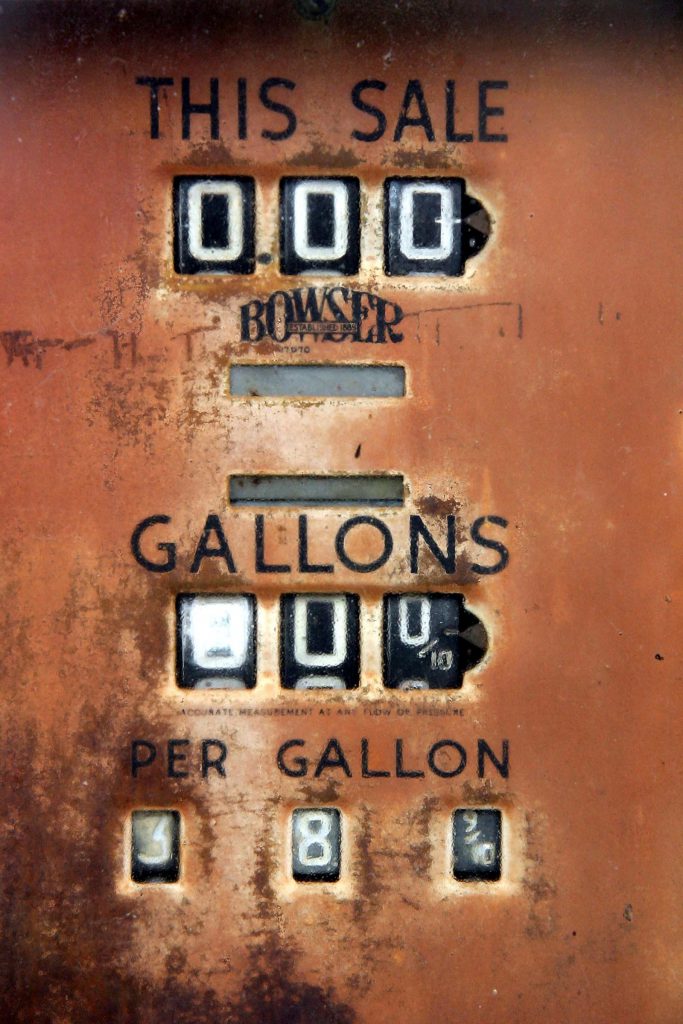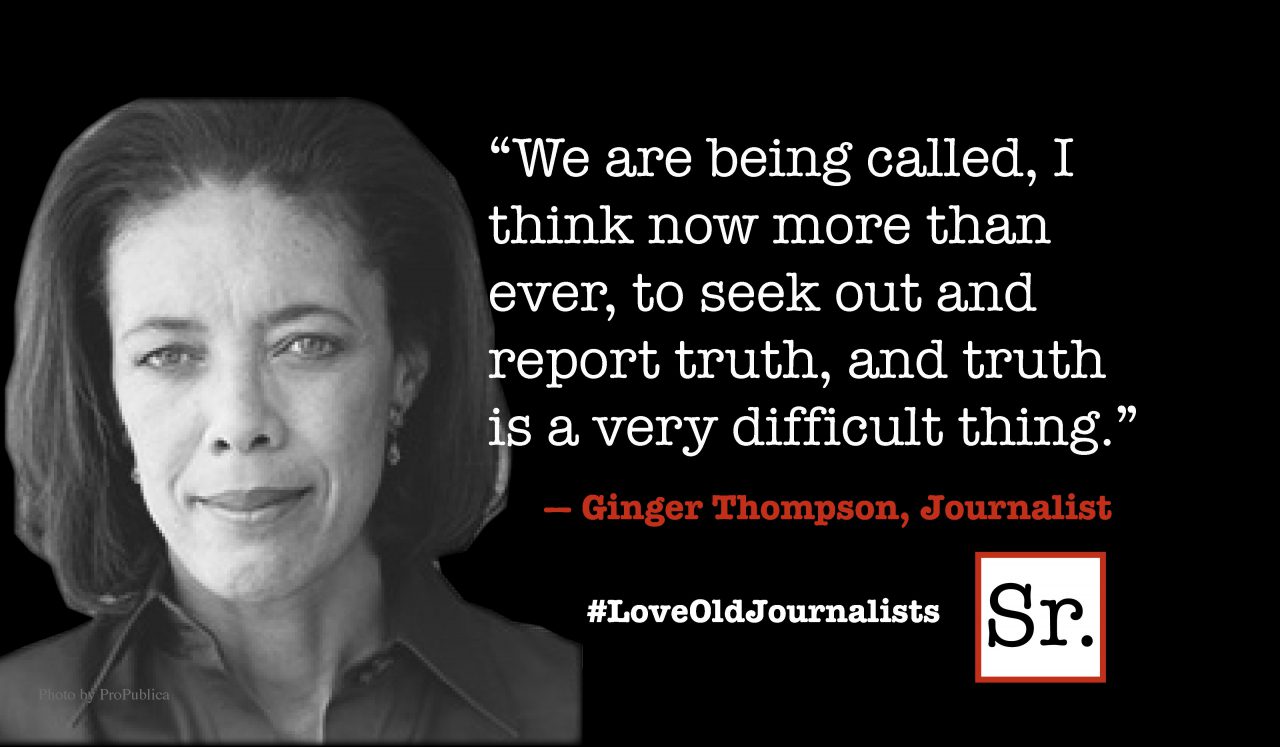In the late fifties, a fat, jolly fellow by the name of “Pug” Dellinger left the supply room at the local Klopman Mills plant and opened a combination beer hall, service station, grocery store and, according to a lot of wives, a den of iniquity in a building on a hill on Highway l6, east of Newton. The property, now known as Hilltop, quickly became a second home to all of “Pug’s” friends from work and from the Optimist Club, of which he was a longstanding and hardworking member.
At the time, “Pug’s," as the place was fondly called, just fit the apparent needs of a bunch of hardworking but fun-loving men from the area. As far as I know, very few women ever darkened the door except to buy a few emergency rations much like those available at a modern service station. The groceries “Pug” kept in stock had stayed, for the most part, “too long at the fair.” During an emergency, I once ran over to buy a box of Sugar Pops for Mark and Clint’s breakfast — discovering only when I got home that excessive heat had caused the pops to melt and run together into one solid brick. When I took them back to “Pug” for a refund, he explained to me that, had I looked further and more closely, I would have found a small tack hammer, the prize in that particular item, to be used to break the brick apart for Mark and Clint’s consumption. Afterward, I sat down for a cold beer (for which he overcharged me). Seeing the hurt look on his round face, I slowly realized the logic of his thinking, took another box of Sugar Pops and left, feeling foolish for questioning his honesty.
If there were as many as three people in the building at one time, a game of draw poker was probably going on. Many times, with “Pug” in the game, a gas customer would drive up; they were quickly rated by “Pug” as “not as good as his hand” and allowed to drive off. For a fill-up, he’d reluctantly throw in his hand and go to work.
Probably the most memorable thing about “Pug’s” was the variety of practical jokes played on about anyone that walked through the door over three or four times. Sometimes they were even played on total strangers, who either never came back or returned with fire in their eyes.
One of the local mechanics, a regular, showed “Pug” how to run a hot wire from a car’s ignition to a spot just under the upholstery of the driver’s seat. From later observation, I now know that the operation could be performed in about two minutes, allowing plenty of time for “Pug” or one of his cohorts to wire up the old hot seat while the victim was inside discussing the events of the day. In my case, I left the joint with a full cup of beer, crawled under the wheel and turned the switch. My first thought was that someone had put a fully loaded wasp nest in the seat, and I shot straight up, spilling beer all over myself and the car’s interior. Of course, about ten men were standing at the door laughing as I pulled the offending wire out, threw it over the back fence and drove off trying to act cool (though it was a lost cause).
Another surefire attention getter was the car bomb, which — after attachment to a spark plug — activated when the switch was turned, emitting a loud whistle followed by a muffled explosion and a cloud of smoke. This was much to the dismay of the driver, and much to the elation of eight to ten half-snockered rednecks.
Among a group of such men, retaliation was not only accepted but expected. After the “hot seat” incident, I wound up in “Pug’s” about three nights later with a high powered cherry bomb, with which I fully intended to clean out his under-the-counter trash box. When enough men had assembled to make the show worthwhile, and while “Pug” was putting gas in a car outside, I lit a cigarette, stuck the cherry bomb fuse in the unlighted end and placed it in an empty beer can in the trash box located just under the counter at the cash register. When “Pug” arrived at the cash register, I suddenly realized that his big belly was almost hanging in the trash box, and that he was more than vulnerable than I’d expected to the upcoming blast from the jerry-rigged time bomb.
In sudden panic, I screamed “Run!!” A covey of quails couldn’t have gotten away any faster, with men scattering in all directions. “Pug,” summoning an excellent first step from his repertoire, moved his three hundred pounds to the end of the counter before the blast shook the building. Although I had badly miscalculated the severity of the explosion, I assured “Pug” that we never intended for him to take the brunt of it. Weeks later, while sitting adjacent to the spot where the cherry bomb exploded, I cut the knee of my pants with a sharp piece of beer can metal protruding through the counter. Pug and I enjoyed an uneasy truce until his death, years later.
“Pug” once hired a local TV repairman (and “good ole’ boy”) to run a wire from the radio to the store’s speakers — one just over the front door and outside the building, and one over the back bar. With a microphone under the counter inside, one could cut the radio volume down, key the mike, and make any kind of announcement inside or outside the building that you felt needed making in the interest of a laugh. One day, while two men from the Esso bulk plant in Hickory were outside painting “Pug’s” gas tanks. Considering it was two o’clock on a somewhat boring afternoon, “Pug” decided to have some innocent fun. Turning the radio volume down, he keyed the mike and calmly announced, “We have a late-breaking news item. The Esso bulk plant in Hickory is on fire. The Hickory fire department, aided by several other local departments, is on the scene. Damage is reportedly wide-spread. Stay tuned for further developments.”
“Pug” sauntered over to the front door to see the reaction of the Esso painters, expecting to see them discussing it excitedly. Instead, he witnessed a service truck throwing gravel as it exited the premises, paint splattering in all directions. Most importantly, he noticed one of the men hanging on to the side of the truck, losing his bid to get the door open, and sprawling in a heap on the gravel of the service station yard. The driver finally got the truck stopped, picked up the thoroughly skinned-up passenger, and roared off toward Hickory and the bulk plant. “Pug” then realized that his little prank had back-fired, but didn’t know how much until two days later when the painters returned to the scene — one of them sporting a cast on one arm and brass knuckles on the other hand, looking for the guy who enjoyed a good laugh. In all seriousness, “Pug” informed them that he had fired the man and that he had left the state.
Realizing the potential of this media tool, I would go behind the counter three or four times each night to make an announcement over the inside radio, much to the enjoyment of those present. Being the “Voice of the Red Devils” on WNNC, I turned out to be a natural to broadcast everyone’s ideas of what a public service station should be. One night, we got carried away. An old fellow named Jed Laney was seated at the bar and on his fifth or sixth Blue Ribbon, when the program chairman called a meeting of the committee behind the meat cooler. I was to go behind the counter, get down on my knees, turn the radio volume down, key the mike and announce that there had been an airliner crash in the vicinity of Little Mountain about ten miles down the road.
Everyone got quiet as I made the solemn newscast, not realizing that my friends had failed to mention that Jed Laney lived in the area of Little Mountain. Instead of hitting the door running, Jed ordered another beer, going for celebrity status because of his knowledge of the region where the crash occurred. After a brief meeting with the perpetrators, I returned to the mike armed with the name of another resident of the area, who I then “interviewed," changing my voice as the segment dictated and describing the horrors of the crash scene. Jed, now warming to the task at hand, had the attention of the entire assemblage as he told of his friendship with my “source" and assured all present that it must be horrible, for his neighbor wouldn’t lie about a thing like that.
My next trip to the mike was made under the guise of Captain Harry Vander Linden of the Hickory National Guard Unit, asking everyone to stay away from the Little Mountain area to allow ambulances right-of-way. When old Jed professed to all present that he was a personal friend of Captain Vander Linden, and that the disaster scene was in good hands, the plot thickened. My last trip to the mike was again under the guise of the good Captain, asking his friend, Jed Laney, to report to the disaster scene, requesting his help (following a verbal deputizing) to maintain traffic at fifteen miles per hour on Highway l6.
Realizing that duty called, Jed staggered out the door, into his pick-up, and onto Highway l6. With three car loads of sightseers about 100 yards behind him, the whole entourage traveled at a steady fifteen miles per hour. When a car pulled up behind and then passed him, Jed moved his battered pick-up to the center of the highway, frantically signaling out the window to the oncoming driver to slow down and get in line. I guess the driver figured a drunk was abroad on this night, passed him on the shoulder, and disappeared from sight. As we approached Pendry’s Grill at the Balls Creek Crossroads, Jed suddenly whipped into the parking lot and, leaving his motor running, barged through the door only to appear seconds later with ten or twelve men. Some were wiping their mouths with napkins, while others chewed on a drum stick as they ran. By then, we had a caravan numbering about twelve cars heading toward Little Mountain, with Jed leading the pack as befitted his deputy status.
At that time, we realized the joke had gotten a little out of hand. I was director of recreation in Newton; in my car rode the Mayor and City Manager of Newton, while well known people from the business community rode in the others. We knew this would be hard to explain should anything of a harmful nature occur during this little game. Everyone went on home, but “Pug” called me the next day and told me that Jed Laney had come by looking for that smart alec whom he intended to show how a real disaster looked. Around “Pug’s,” I was conspicuous for the next couple of weeks.









